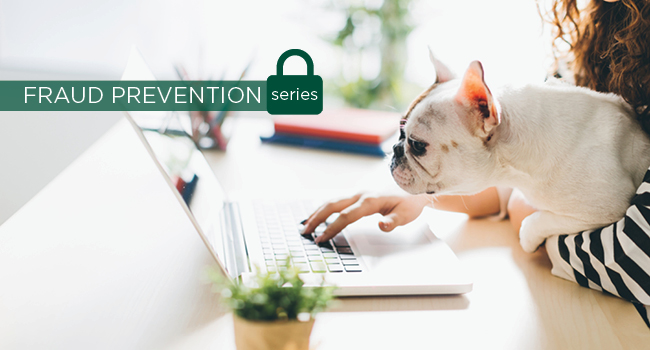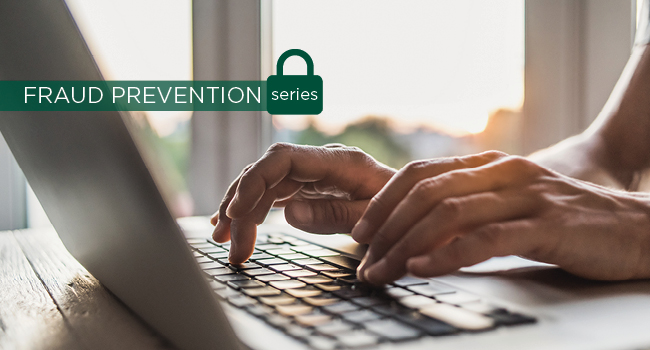Fraud Prevention Series: Keep Your Financial Accounts Secure with These Tools

It’s no secret that fraud is on the rise as scams designed to steal your sensitive information become more sophisticated. While shopping in-store and online, it’s important to protect yourself and your money. Take a look at these tools to help keep your financial accounts secure.




.jpg)






.jpg)
.jpg)




























